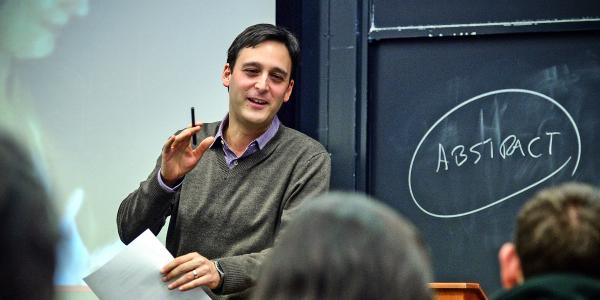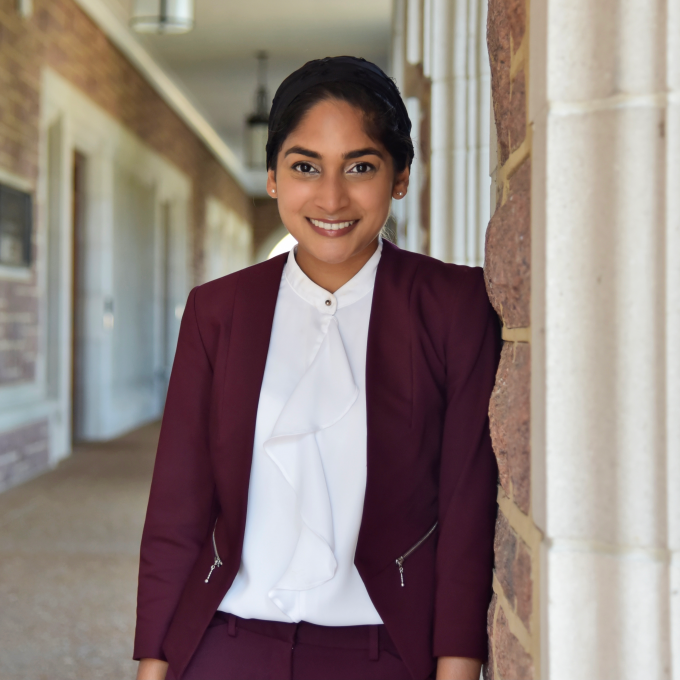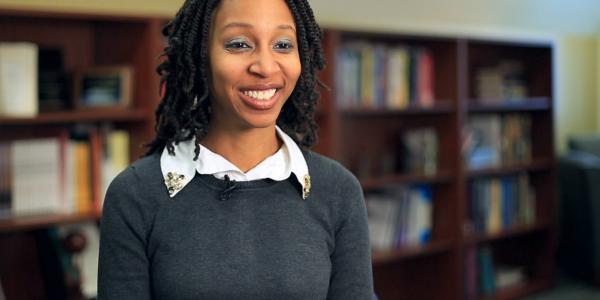

Our people are extraordinary.
Arts & Sciences has over 1,000 faculty and staff who utilize their diverse expertise in the pursuit of research breakthroughs, gaining a deeper understanding of the world's most pressing issues and serving as mentors of the next generation.
select honors from our faculty



search for faculty:


William Acree

Rachel Adams

Cassie Adcock

Ama Bemma Adwetewa-Badu

Nazmul Ahsan

Jami Ake

W. Mark Akin

Deniz Aksoy

Mark G. Alford

Tazeen Ali

Megan Allen

Elizabeth Allen

Kari Allen

Sachiko Amari

Felix Ampadu

Jeffrey Anderson

Kenneth (Andy) Andrews

Gaetano Antinolfi

Nicola Aravecchia

Jennifer Arch

Raymond E. Arvidson

G'Ra Asim

Costas Azariadis
Recent Faculty Grants & Awards
Kevin Moeller, professor of chemistry in Arts & Sciences, recently received a nearly $1.2 million grant from the National Science Foundation. The award will support Moeller’s work with the collaborative Center for Synthetic Organic Electrochemistry.
See what our faculty are working on now
More from The Ampersand
Meet WashU’s Lego professor, a political scientist using animation to teach civics
Dan Butler’s stop-motion videos turn pop culture into lessons on the U.S. government for high school students.

Finding harmony: How the WashU Concert Choir unites campus and community
Now more than 100 voices strong, the WashU Concert Choir is expanding opportunities for creative expression and connection within and beyond the university.

